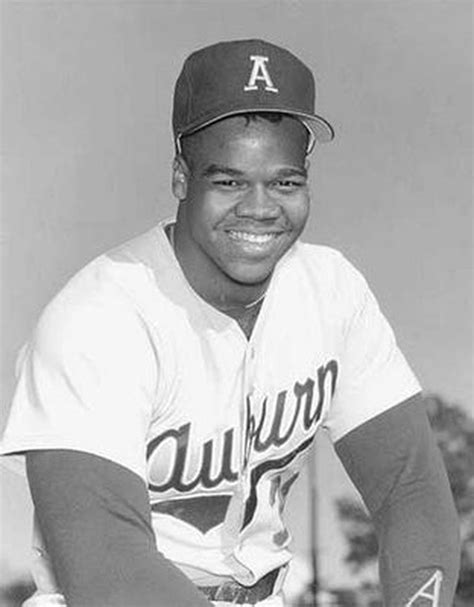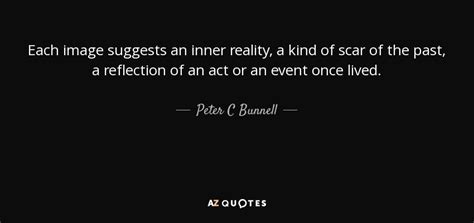A Quote by Friedrich Nietzsche
Belief in form, but disbelief in content - that's what makes an aphorism charming.
Related Quotes
There are, however, exceptions to this reliance on feelings as evidence of truth: if, for instance, your feelings lead to disbelief instead of belief, they're apt to be dismissed as some form of denial. This is not a common problem. Usually intellectualism, not feeling reality, is blamed for disbelief. But, some angel experts suggest, there may be emotional as well as intellectual barriers to belief: unwillingness to believe in angels can reflect low self-esteem.
Certainly the affirmative pursuit of one's convictions about the ultimate mystery of the universe and man's relation to it is placed beyond the reach of law. Government may not interfere with organized or individual expressions of belief or disbelief. Propagation of belief - or even of disbelief - in the supernatural is protected, whether in church or chapel, mosque or synagogue, tabernacle or meeting-house.
Until the content of a belief is made clear, the appeal to accept the belief on faith is beside the point, for one would not know what one has accepted. The request for the meaning of a religious belief is logically prior to the question of accepting that belief on faith or to the question of whether that belief constitutes knowledge.
By the age of fifteen, I had convinced myself that nobody could give a reasonable explanation of what he meant by the word 'God' and that it was therefore as meaningless to assert a belief as to assert a disbelief in God. Though this, in a general way, has remained my position ever since, I have always avoided unnecessarily to offend other people holding religious belief by displaying my lack of such belief, or even stating my lack of belief, if I was not challenged.
The documentary photographer aims his camera at the real world to record truthfulness. At the same time, he must strive for form, to devise effective ways of organizing and using the material. For content and form are interrelated. The problems presented by content and form must be so developed that the result is fundimentally [sic] true to the realities of life as we know it. The chief problem is to find a form that adequately represents the reality.
If there is a soul, what is it, and where did it come from, and where does it go? Can anyone who is guided by his reason possibly imagine a soul independent of a body, or the place of its residence, or the character of it, or anything concerning it? If man is justified in any belief or disbelief on any subject, he is warranted in the disbelief in a soul. Not one scrap of evidence exists to prove any such impossible thing.
Good design is not about form following function. It is function with cultural content. By adding "cultural content" to the concept of "form follows function," objects cease to be finite or predictable. Maybe the right way to interpret the dictum is to first acknowledge that the function needs to be clearly understood before the form is considered.
But whether I become a believer or remain an agnostic, my belief or disbelief must derive its source from within, not from without. I, myself, must create its symbols. The transcendental is that which produces its own form. I will never discover its secret if I do not find it in my own heart; if I do not possess it already I shall never be able to acquire it.










































